

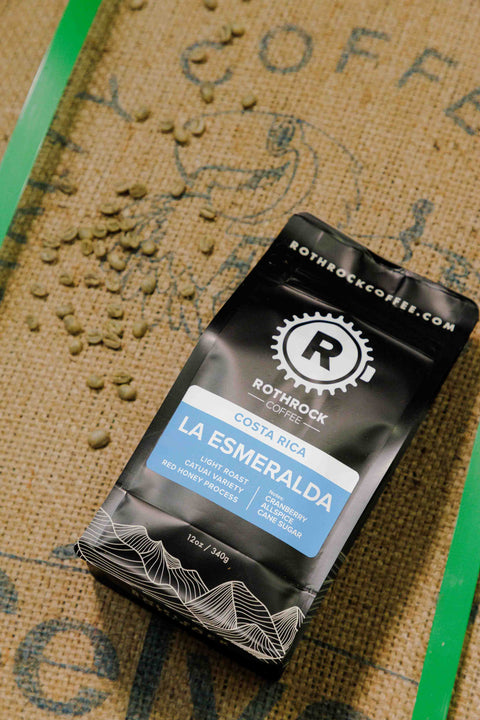
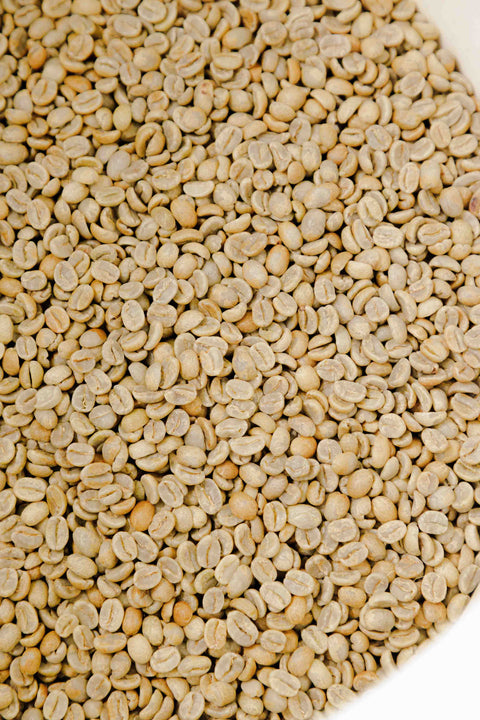

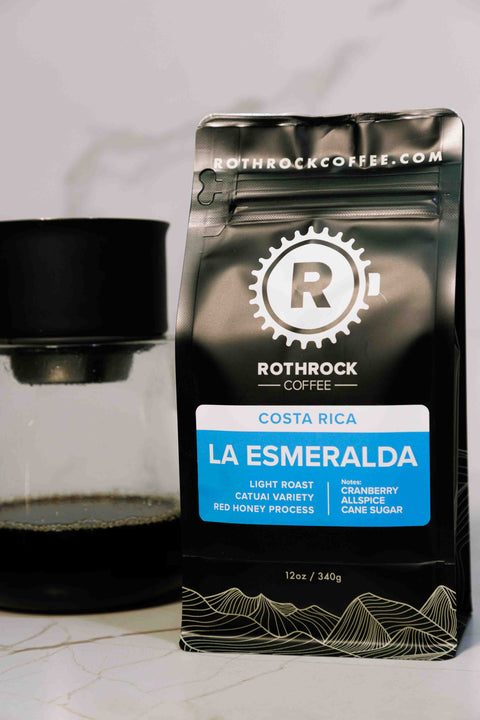
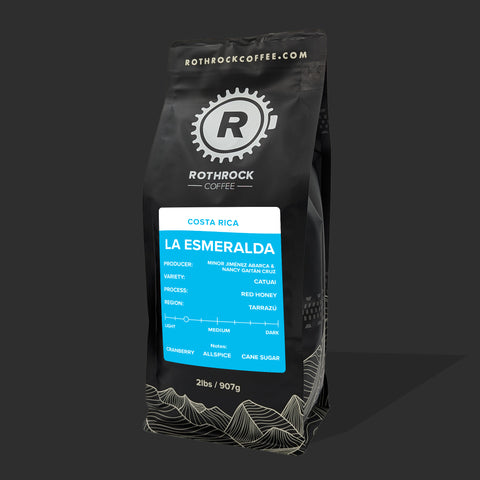
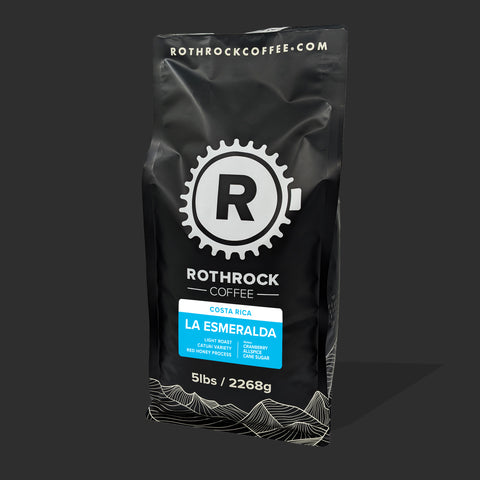
Costa Rica - La Esmeralda
Café La Cumbre is a family-owned estate with a 90-year tradition, dating back to when the Jiménez Valverde family began growing coffee in small quantities on the land they still cultivate today. In 2014, the third generation, Minor Jiménez Abarca and his wife Nancy Gaitán Cruz, gave the estate its current name. Minor is an agricultural engineer committed to innovation and sustainability. He focuses on breeding varieties that achieve the highest genetic potential, with healthy and balanced yields. With advanced drying techniques, they consistently achieve high cupping scores of over 85 points on the SCA scale every year. For its sustainable operations, the estate has been awarded the Bandera Azul – a certification awarded by the Costa Rican Ministry of Agriculture for responsible economic, social and environmental production.
Pickup currently unavailable









